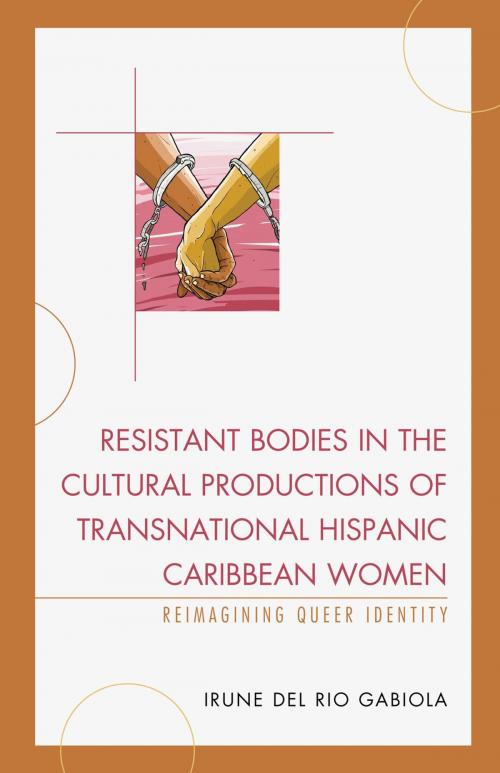Resistant Bodies in the Cultural Productions of Transnational Hispanic Caribbean Women
Reimagining Queer Identity
Nonfiction, Social & Cultural Studies, Social Science, Gender Studies| Author: | Irune del Rio Gabiola | ISBN: | 9781498520782 |
| Publisher: | Lexington Books | Publication: | December 27, 2016 |
| Imprint: | Lexington Books | Language: | English |
| Author: | Irune del Rio Gabiola |
| ISBN: | 9781498520782 |
| Publisher: | Lexington Books |
| Publication: | December 27, 2016 |
| Imprint: | Lexington Books |
| Language: | English |
Resistant Bodies in the Cultural Productions of Transnational Hispanic Caribbean Women: Reimagining Queer Identity examines the art created by several Caribbean women who use literature, film, graphic novels, music, testimonios, photographs, etc. to convey social justice, democracy, and new ways of re/imaging marginal identities. In using Chela Sandoval’s theories on methodologies of the oppressed, Irune del Rio Gabiola argues how the tactics Sandoval offers can be productively applied to the cultural productions analyzed. The author explores how the protagonists of all the cultural productions this book focuses on developing tactics to create new possibilities and alternatives for self-fashioning. Particularly, del Rio Gabiola reconsiders concepts such as shame, failure, unbecoming, hermeneutics of love or flexible bodies as methodologies of the oppressed that propose decolonizing emancipatory techniques in a transnational arena.
Resistant Bodies in the Cultural Productions of Transnational Hispanic Caribbean Women: Reimagining Queer Identity examines the art created by several Caribbean women who use literature, film, graphic novels, music, testimonios, photographs, etc. to convey social justice, democracy, and new ways of re/imaging marginal identities. In using Chela Sandoval’s theories on methodologies of the oppressed, Irune del Rio Gabiola argues how the tactics Sandoval offers can be productively applied to the cultural productions analyzed. The author explores how the protagonists of all the cultural productions this book focuses on developing tactics to create new possibilities and alternatives for self-fashioning. Particularly, del Rio Gabiola reconsiders concepts such as shame, failure, unbecoming, hermeneutics of love or flexible bodies as methodologies of the oppressed that propose decolonizing emancipatory techniques in a transnational arena.















